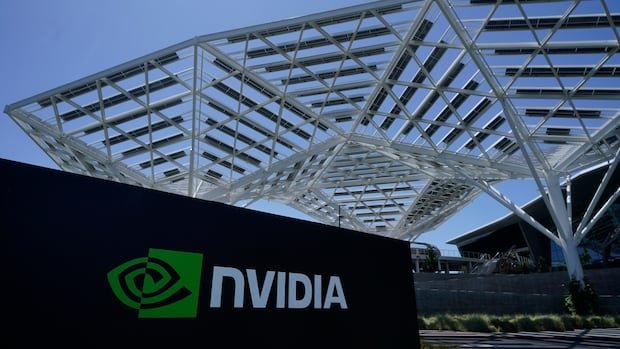Nvidia announced a $5 billion investment in Intel on Thursday, showing support for the struggling U.S. chipmaker following a recent deal where the U.S. government acquired a significant stake in the company. This investment instantly positions Nvidia as one of the largest shareholders of Intel, with a stake of approximately four percent or more after the completion of the deal.
The move by Nvidia provides a fresh opportunity for Intel, which has been undergoing turnaround efforts without notable success. The announcement led to a 30 percent surge in Intel’s pre-market share value. Intel, once a leading figure in the chip industry and synonymous with Silicon Valley, appointed Lip-Bu Tan as its new CEO in March amidst scrutiny from U.S. officials, including former President Donald Trump, over his ties to China.
Following the pressure from the U.S. government, Intel agreed to grant a 10 percent stake to the government in an unprecedented arrangement. Nvidia, renowned for its essential chips fueling the global artificial intelligence sector, disclosed that it would acquire Intel common stock at $23.28 per share, slightly below the previous day’s closing price of $24.90 for Intel shares.
Despite the lower per-share price compared to the government’s recent stake acquisition, Nvidia’s move is seen as a strategic diversification of its U.S. investments and an attempt to strengthen relations with the U.S. government. The collaboration between Intel and Nvidia will focus on joint development of PC and data center chips, excluding Intel’s contract manufacturing business.
Analysts anticipate that for Intel’s foundry business to thrive, securing major customers like Nvidia, Apple, Qualcomm, or Broadcom would be crucial. The partnership aims to design custom data center central processors paired with Nvidia’s AI chips, enabling faster communication between Intel and Nvidia chips, essential in the AI market for processing vast amounts of data efficiently.
The collaboration between Nvidia and Intel could potentially pose challenges for competitors like AMD and Broadcom, offering a new competitive edge in the chip industry. This strategic move is expected to have a significant financial and political impact, aligning with U.S. policy directives and potentially easing chip sales restrictions to China. Intel’s recent capital accumulation from investments like Softbank and the U.S. government bolsters its financial standing.
Nvidia’s challenges in selling H20 chips in China have led the company to navigate complex demands from Washington and Beijing. Despite a licensing deal orchestrated by Trump in August allowing Nvidia to sell H20 chips to China, recent reports indicate that China has banned its companies from purchasing or testing Nvidia’s AI chips as part of efforts to bolster its domestic chip industry.


